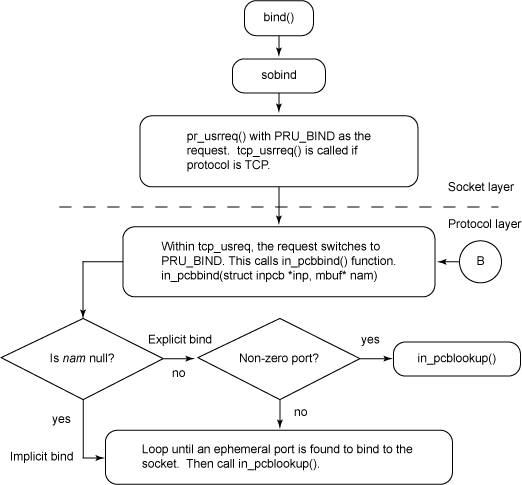

Number of containers on the agent will therefore be limited to approximately: number of ephemeral_ports / ephemeral_ports_per_container The ephemeral port range is sub-divided by the agent, givingĮphemeral_ports_per_container (default 1024) to each container. Master, which will then offer it to frameworks for allocation. The non-ephemeral port range is provided to the The container ephemeral and non-ephemeral port ranges are configured using theĪgent -resources flag. We reduce this range to allow the Mesos agent to ForĮxample, by adding the following: # _local_port_range defines the host ephemeral port range, by

#NON EPHEMERAL PORT POSTER UPDATE#
Rebooting after the update will apply the change andĮliminate the possibility that ports are already in use by other processes. If ports need to be setĪside for agent containers, the ephemeral port range can be updated in Using the command sysctl _local_port_range. The currently configured host ephemeral port range can be discovered at any time You need to configure these three non-overlapping port ranges for allocation toĪdditionally, the host itself will require ephemeral ports for networkĬommunication. Same Mesos resource offer mechanism used for cpu, memory etc.

Mesos allocated “non-ephemeral” ports are acquired by a framework using the Mesos provides two ranges of ports to containers:Īre assigned by the OS in a range specified for each container by Mesos. To/from these ports will be silently dropped by the host. To ports outside the container assigned ranges but packets from Given ports from the container assigned range. Requesting the kernel assign a port (by binding to port 0) will be To/from these assigned port ranges will be delivered. The agent assigns eachĬontainer a non-overlapping range of the ports and only packets Share the same public IP of the agent (so that the service discovery The agent has a separate network stack (via Linux network When the port mapping network isolator is enabled, each container on Share the public IP address of the agent and can bind to any port Without port mapping network isolator, all the containers on a host Support, it will refuse to start and print an error: I0708 00:17:08.080271 44267 containerizer.cpp:111] Using isolation: network/port_mappingįailed to create a containerizer: Could not create MesosContainerizer: Unknown or unsupported If the agent has not been compiled with port mapping network isolator Network/port_mapping to the agent command line -isolation flag. The port mapping network isolator is enabled on the agent by adding To build Mesos with port mapping network isolator support, you need toĪdd a configure option: $. Libnl3 development package to compile Mesos: iproute >= 2.6.39 is advised for debugging purpose but not required.Īdditionally, if you are building from source, you need will also need the.The following packages are required on the agent: Additionally, the kernel must include these patches Per-container network monitoring and isolation is only supported on Linux kernel
#NON EPHEMERAL PORT POSTER INSTALL#
ToĮnable it you need to install additional dependencies and configure it Port mapping network isolator is not supported by default. Transparent for the majority of tasks running on an agent (those thatīind to port 0 and let the kernel allocate their port). Network statistics for each active container are publishedĮndpoint on the agent. The network bandwidth or significantly delaying packet transmissionįor others. The network isolator prevents a single container fromĮxhausting the available network ports, consuming an unfair share of Per-container network monitoring and isolation without relying on IP The port mapping network isolator provides a way to achieve


 0 kommentar(er)
0 kommentar(er)
